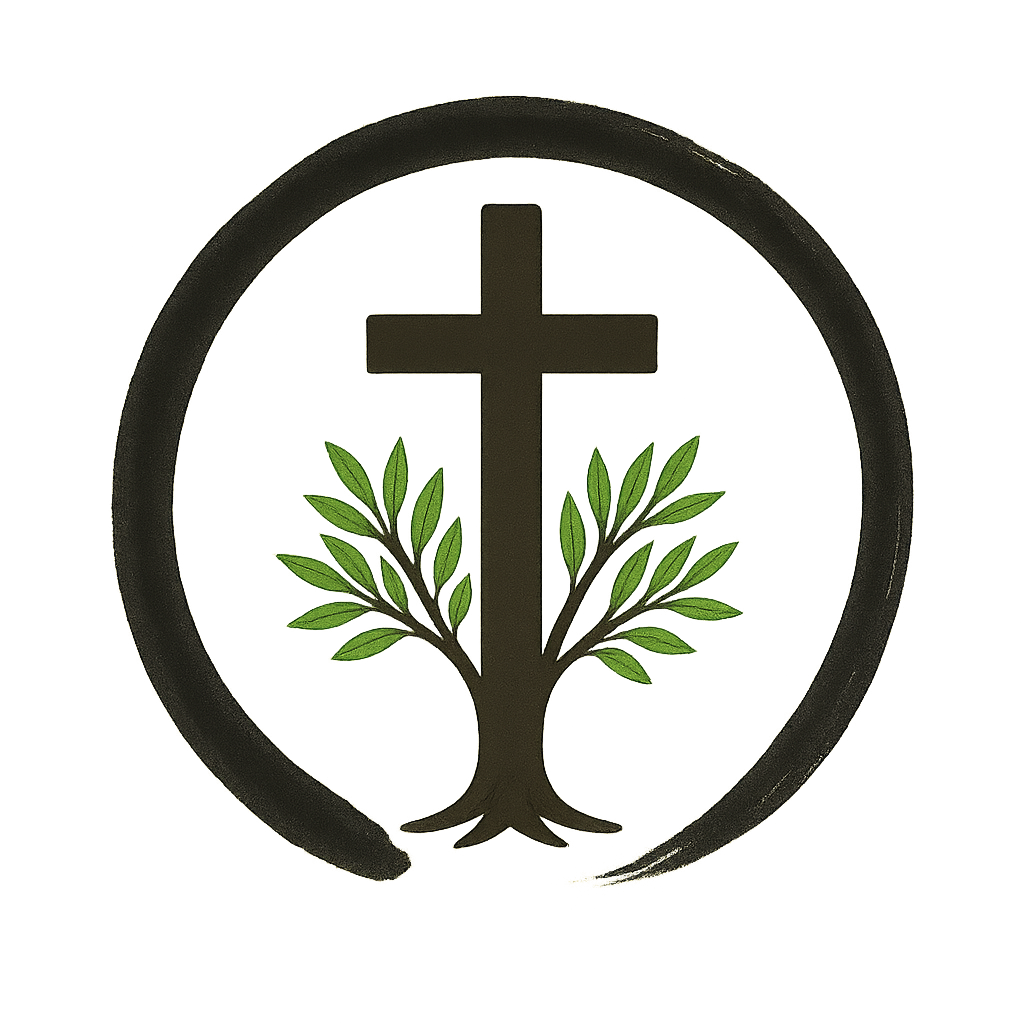The Bloodless Heart – Veganism and Vegetarianism are expressions of the Tyranny of Pity
Our time does not suffer from a lack of feeling, but from an excess of unformed emotions. The heart has grown soft, yet the spirit remains silent. What was once considered love is now called pity. But pity without spirit is blind—and where it reigns, life loses its measure.
This text does not condemn pity, but examines it. For what appears as kindness can become a bondage when it separates itself from compassion.
This is a reflection on the reversal of forces—on the feminine, which dies without spirit, and the masculine, which grows cold without the heart. Only when both meet again can the blood we fear once more become a sign of life.
The Reversal of Forces
In the soul of modern man, the forces have shifted. The maternal, which once nurtured and sustained, has become detached from spirit—and the paternal, which guided and discriminated, has grown weak.
Thus, pity reigns without compassion. One feels too much and understands too little; the other could bear the burden, yet it is no longer allowed to work.
Pity – the Unredeemed Feminine
Pity is boundless movement. It sees suffering and wants to end it immediately. It cannot contain the pain because it considers it meaningless.
Therefore, it intervenes, comforts, alleviates, extinguishes—and often kills that which sought to bring healing. It is the unredeemed feminine: the mother who protects until she devours.
Its impulse does not spring from love, but from fear. It wants to save because it cannot believe that pain could be fruitful.
Compassion – the Redeemed Masculine
Compassion is still. It does not flee from suffering, but remains by its side. It is the power that bears without possessing; that helps without dominating.
Compassion is the masculine principle of the spirit. It brings order to the chaos of emotions, direction to the excess of the heart. Where pity seeks to eliminate suffering, compassion gives it meaning. It recognizes that life can only grow through the tension between pain and love.
The Pseudo-Morality of Pity
Our time has lost compassion and idolized pity. What was once divine love is now called morality. The new virtue is sensation—not insight, not sacrifice, but feeling that celebrates itself. Thus arises the pseudo-morality of pity: a moral system without spirit, a religion without transcendence.
It speaks of consciousness, yet it fears depth. It speaks of compassion, yet it avoids pain. It speaks of life, yet it does not know sacrifice.
The Tyranny of Pity
Pity without consciousness can become tyranny. It seeks to eliminate suffering from the world and, in doing so, fails to recognize that life cannot grow without pain. What begins as gentleness ends in control. Feeling seeks to rule where the heart should lead.
This attitude also reveals a modern yearning to cleanse the world of guilt and blood. Sacrifice is avoided and called progress. Thus, certain lifestyles become symbols of this striving—attempts to banish suffering, which often weaken life itself.
This is not guilt, but a sign of the times: a culture that venerates pity but has forgotten compassion.
The Spiritualization of the Flesh
When the feminine separates from the masculine, life loses its physical form. Everything that smells of blood, earth, or instinct becomes suspect. Thus arises the ideal of the bloodless, the clean, the pure. Humanity seeks redemption by separating itself from life.
But blood is the symbol of the cycle of sacrifice, of the divine exchange of giving and receiving. Whoever represses it separates themselves from the mystery of creation.
The Negated Blood
Life pulsates in the rhythm of receiving and letting go. In the feminine, this rhythm becomes visible—in the blood that comes and goes, in the sign that life is constantly renewing itself. Yet in the modern soul, this blood is denied. What was once sacred is considered a burden, what was once celebrated, a source of shame.
Thus, woman, and with her, all culture, loses the awareness of the sacred cycle. The blood is suppressed, and with it the memory that every life entails sacrifice. Where blood is denied, the heart hardens. And what seeks to appear pure becomes barren.
The Moral Paradox
Pity seeks to save, yet it cannot redeem. It seeks to avoid guilt, yet it creates new guilt. It seeks purity and loses the sacred. For purity without sacrifice is a lie, and kindness without truth is deception. Pity feeds on the pain it condemns. It loves powerlessness because it replaces guilt.
Compassion, on the other hand, loves the person, not their suffering. It does not seek purity, but wholeness. It transforms instead of suppressing.
The Return of Balance
Healing occurs when the feminine seeks the spirit again, and the masculine again one may feel. When heart and clarity meet without consuming each other. Then pity becomes compassion, the mother becomes creative again, the father protective once more. Life is inhabited again—morally and truly. Not purely, but holy.
Silent Prayer
In the end, there is the prayer that humanity may once again honor sacrifice—the blood, the pain, the life. For love without sacrifice is empty, and purity without flesh is dead. Only those who can bless the blood heal the heart. Only those who can bear suffering love the world.
Pity seeks to save, but compassion heals. — Master Reding, Nigredo Monastery

